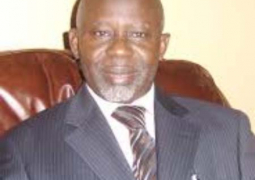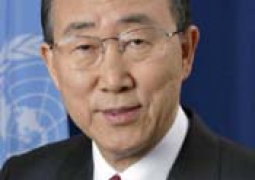The 2015 – 2017 DWCP is said to be anchored on the promotion of decent work as a key element of economic, social and national development.
The implementation of this programme is long overdue in The Gambia, where high unemployment and underemployment are greatly responsible for the country’s not meeting the MDG target of eradicating extreme hunger and poverty.
At least 22 per cent of The Gambia’s active labour force is without employment, data from the 2010 Integrated Household Survey indicated.
Also, 40 per cent of all those who are employed do not earn enough to pull themselves and their families above the poverty line of $1.25 per day.
Underemployment and unemployment have great consequences in the drive towards reducing poverty in the country.
So it is important that the DWCP tackles these twin employment menaces that have continued to persist, as more and more people graduate from senior school, university and college to enter the job market.
But from all indications, the issue of the ‘working poor’ is not only a problem in The Gambia; the African continent is wholly affected.
A senior official of the ILO has said the number of people working in extreme poverty in Africa would increase by 20 per cent by 2015.
And according to statistics, four out of five of at least 400 million workers in Africa could not earn enough to lift their families above $2 a day.
One of the main reasons for this is not far-fetched.Most of the work in Africa, particularly The Gambia, is of a near-subsistence nature, with more than 8 out of 10 workers in the informal economy operating with low pay, low productivity and low protection.
The predominance of the informal, and not-so-strong private sector account for Gambians earning less; less than the requirement of decent work.
Therefore, the creation and enforcement of a more robust regulatory environment that protects worker’s rights, leading to a decent pay should be among key focuses of the Gambia’s DWCP.
However, tackling the issues of lack of decent work due to underemployment and unemployment requires collective action, not only from the government, but also from all other stakeholders.
“A business is good if it gives a decent reward for a decent work, treats people decently, and gives them a voice at the top.”
Frances O’Grady





